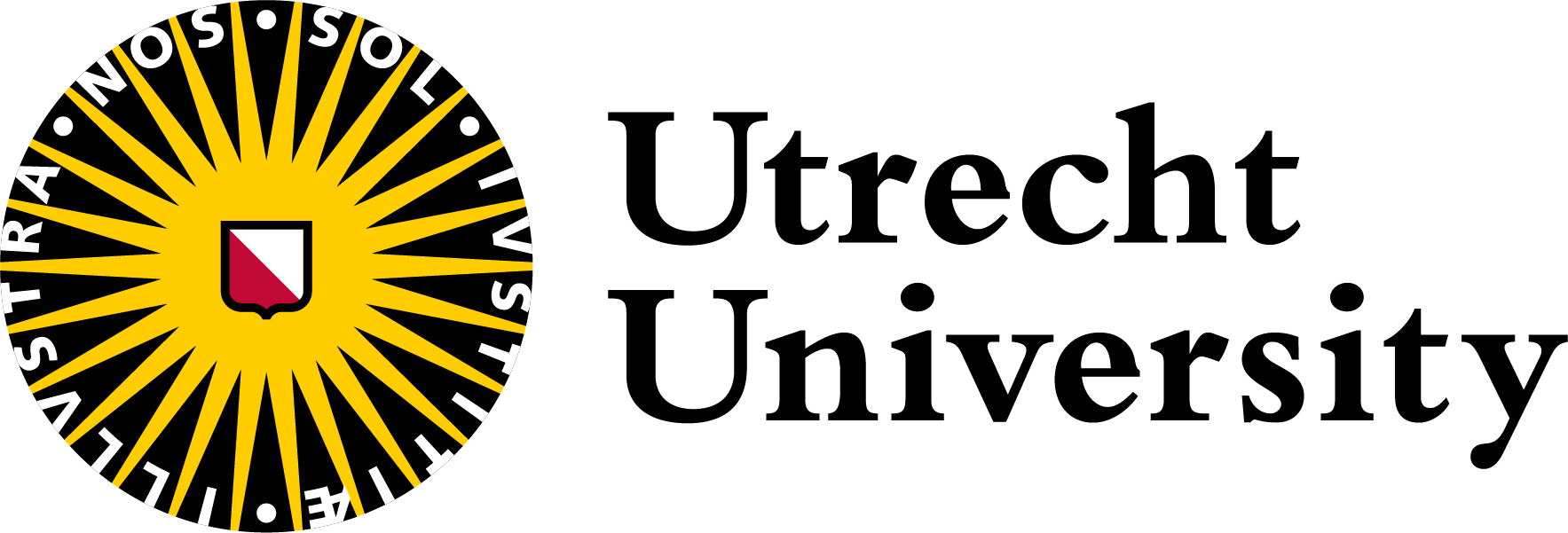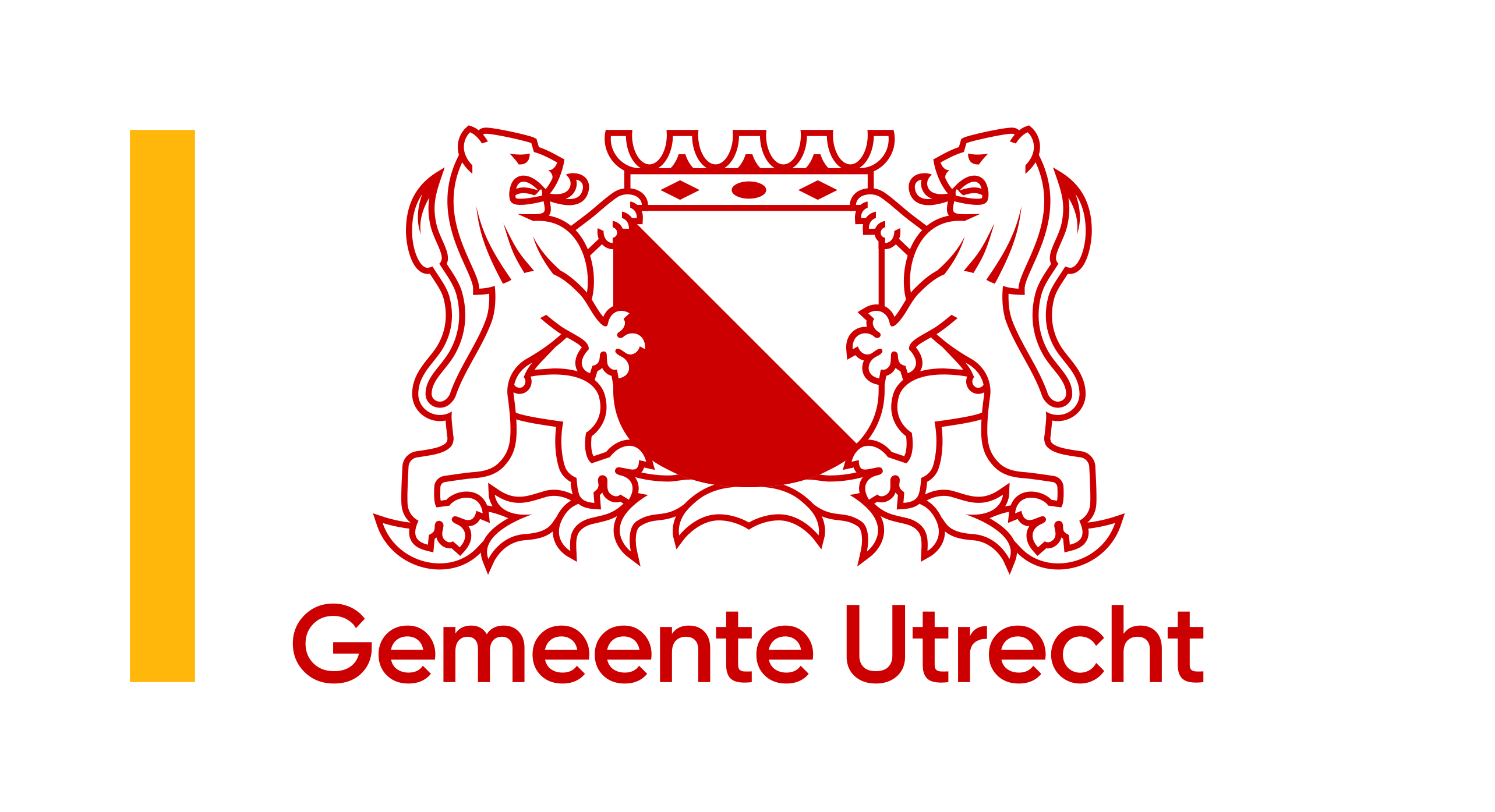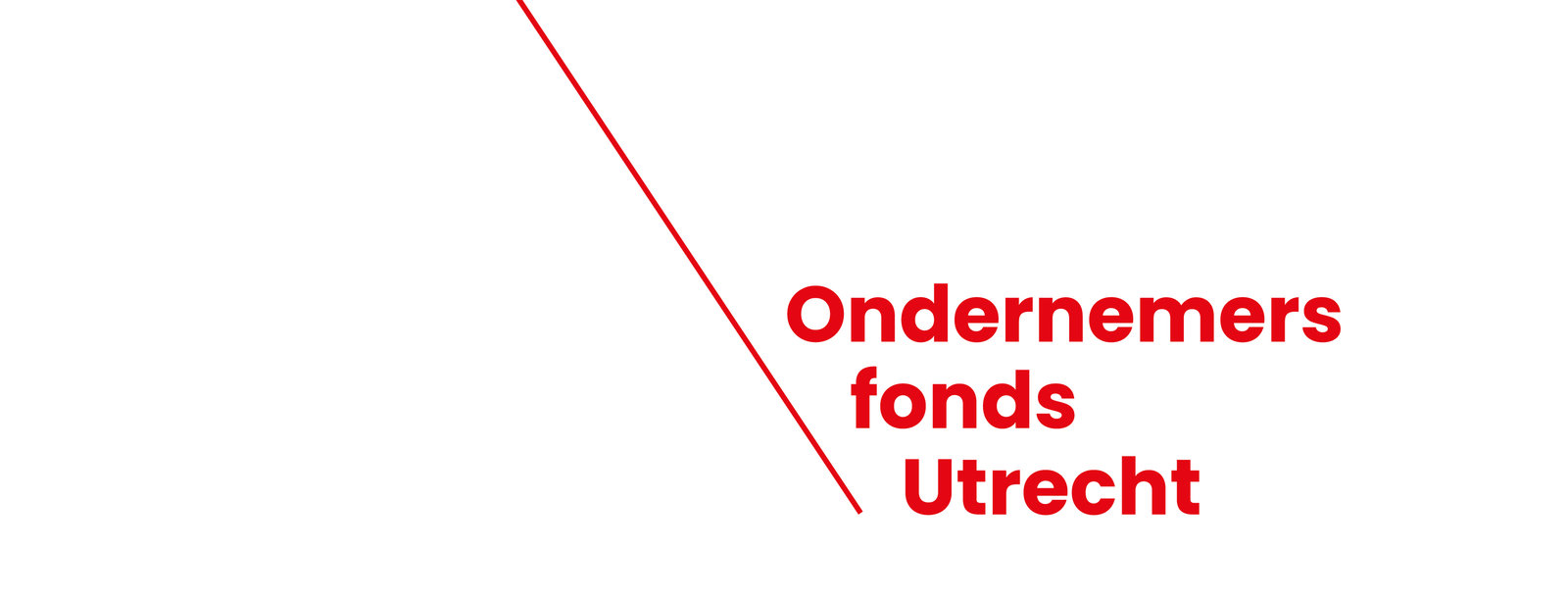Healthcare innovation centres St. Antonius Hospital and HU University of Applied Sciences Utrecht celebrate fifth anniversary
The healthcare innovation centres (ZIC) of St Antonius Hospital and HU University of Applied Sciences Utrecht will celebrate their fifth anniversary on Wednesday 18 September. This special anniversary will be celebrated with an inspiring gathering at the hospital, bringing together various speakers and stakeholders to celebrate the highlights of the past five years and discuss the future of care innovation.
In the healthcare innovation centres at St Antonius Hospital, staff from the departments of pulmonary medicine, cardio-thoracic surgery and gastrointestinal and liver diseases and a relatively large group of HU nursing students work together to combine care delivery, training, learning, innovation and research. The aim is to improve the quality of care, increase job satisfaction and future-proof the profession.
Eva Povel, director of the Institute of Nursing Studies at HU: ‘Looking back over the past five years, I am incredibly proud of what we have achieved. We have really brought the collaboration between education, research and practice to life. The ZIC has become an incubator for healthcare innovation, where students and professionals inspire each other and learn and grow together. We contribute not only to the development of new knowledge and skills, but also to the retention of talent within healthcare. With our regional network of ZICs, we have laid a strong foundation for future-proof care and continue to build a healthier society.’
Marjolijn Gerbens-Mallant, manager Antonius Academy: ‘We started the first ZIC at St Antonius Hospital over five years ago. Inspired by the stimulating environment and learning culture, the other two departments soon followed. What characterises these ZICs, among other things, is the use of lotus teaching, the development of escaperooms and the clinical reasoning (ABCDE) cart. Theme days are organised, where cross-specialty learning is done from and with each other around moral issues, acute care and leadership. There are various innovation projects, such as self-developed games around safe incident reporting and increasing knowledge and awareness of signalling when caring for frail elderly people. Digital innovations have been developed to optimise care for patients with a language barrier. In addition, several podcasts have been made in the context of nursing leadership. These are very nice developments to be super proud of. In addition to all this, we keep each other on our toes so that we continue to do the right things with and for each other and the patient.’
Source: Hogeschool Utrecht (Dutch)








